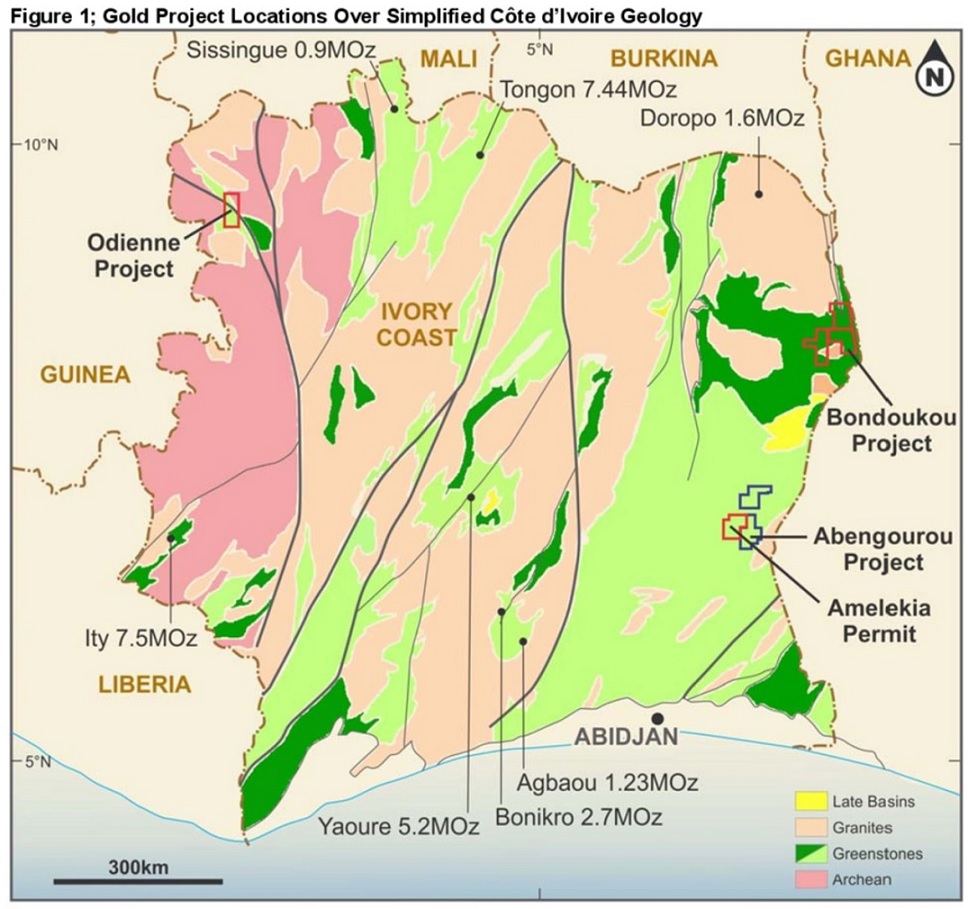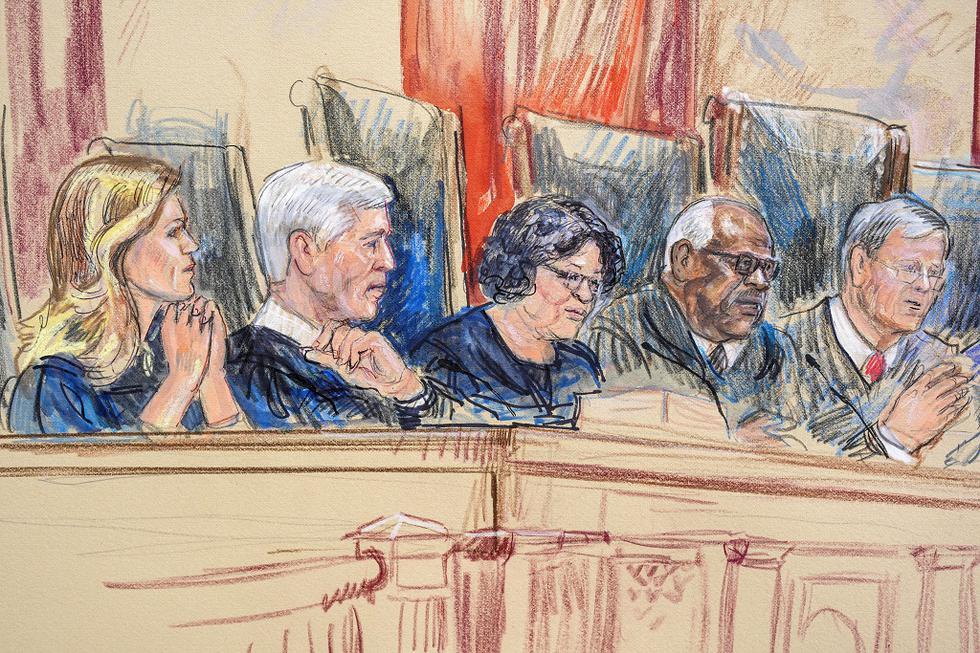Recent revelations have shed light on the close personal and financial relationships between Supreme Court justices and wealthy conservative benefactors. These ties, which include expensive gifts, luxury vacations, and lucrative side gigs, have raised ethical concerns. While it is often stated that these benefactors rarely have business before the Court, there are indications that they may still influence rulings in cases the Court will decide in the coming weeks.
Justice Clarence Thomas, who left the Court in 2000, has reportedly received undisclosed luxury gifts from right-wing activists aiming to maintain his position. Justice Samuel Alito has also been treated to an expensive fishing trip by a hedge fund mogul, arranged by a powerful conservative activist. Other justices, such as Neil Gorsuch, John Roberts, and Amy Coney Barrett, have also faced scrutiny regarding their connections to wealthy individuals.
The threshold for determining whether a billionaire benefactor has interests before the Court, based on whether they are a named party in a case, is considered insufficient by some. The consequences of the Court’s decisions often extend beyond the named parties, and individuals and interest groups connected to the justices’ benefactors may have clear interests in cases.
Amicus curiae briefs, also known as “friend of the court” briefs, allow individuals and organizations to state their interests in a case and provide their perspective on how the Court should rule. Many of these briefs are filed by organizations closely connected to the justices’ benefactors. These briefs can reveal the financial stakes and interests of these benefactors, even if they are not named parties in the case.
To track and expose these potential conflicts of interest, organizations such as Take Back the Court, the Revolving Door Project, and True North Research have launched the website Supreme Transparency. The website aims to monitor efforts to influence the Supreme Court by organizations funded or advised by right-wing power brokers with ties to the justices.
The article emphasizes the need to consider the justices’ relationships with wealthy individuals when analyzing the Court’s decisions. It calls for reporters to investigate and uncover the layers of potential judicial corruption that may exist.











